“The states have developed extensive regulatory frameworks for permitting oil and gas development on state lands,” Gosar said. Energy-rich states not only do the work the BLM does, Gosar said, but do it “more effectively, efficiently, and with less cost.”
Michael Sandoval
Western Leaders Push For Delegating Primacy On Oil And Gas Permitting To The States
Western Congressional leaders and state regulators pushed for delegating state primacy on permitting for oil and gas development on federal lands within state borders at a hearing Friday, calling the current regulatory framework a “classic case of federal overreach.”
House members heard testimony on draft legislation for the ONSHORE Act, which would defer permitting from the Bureau of Land Management (BLM) to the states where the majority of U.S. domestic oil and gas production occur.
“The legislation seeks to facilitate responsible onshore energy production on federal lands and promote economic prosperity in energy producing states in the West and in Alaska,” said Rep. Paul Gosar (R-Ariz.), Chairman of the House Subcommittee on Energy and Mineral Resources.
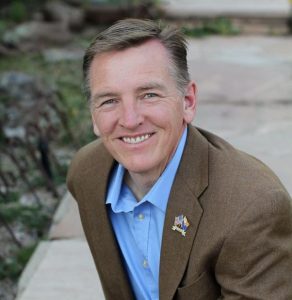
“For too long, inefficiencies and redundant requirements imposed by the federal government have discouraged oil and gas production on federal land,” Gosar said, leading to “duplicative environmental reviews and unnecessary permitting delays.” This has led to a boom in development on state and private lands, Gosar said, and a loss of state and federal revenues due to permitting backlogs.
“The states have developed extensive regulatory frameworks for permitting oil and gas development on state lands,” Gosar said. Energy-rich states not only do the work the BLM does, Gosar said, but do it “more effectively, efficiently, and with less cost.”
“The ONSHORE Act enables States with established permitting and regulatory programs to seek primacy for the implementation of federal permitting and regulatory responsibilities for oil and gas development on Federal lands within their borders,” the bill summary states. The draft legislation would give the Interior Secretary the authority to delegate to the states that have appropriate and adequate staffing and funding the ability to conduct the necessary permitting processes without duplicative and onerous overlapping Federal procedures.
The bill would also “designate preferred leasing areas for oil and gas development” and “defer to the States regarding the regulation of hydraulic fracturing practices.”
Delegating and deferring to the states on permitting would allow the BLM to focus on land management—its primary purpose—supporters said.
Areas within states, and even individual projects where federal mineral rights are in the minority should not trigger a federal nexus and the cumbersome regulatory process, proponents said, that should be left to the states to handle.
Mark Watson, Director for the Wyoming Oil and Gas Conservation Commission, told the committee his organization “has a proud history of regulating the oil and gas industry within the state of Wyoming and is accountable for the responsible and efficient development of the state’s oil and gas resources, while protecting public health and the environment.”
According to Watson, “Wyoming is the largest producer of natural gas and the second largest producer of oil from federal minerals in the country.” Seventy-seven percent of natural gas production and fifty-six percent of oil production in Wyoming occurs on federal lands.
Watson told the committee that his state has already successfully implemented regulations within the framework of the Environmental Protection Agency which granted the state primacy on regulating injection wells more than thirty years ago.
“The WOGCC also has a long history of implementing regulatory programs on federal minerals. Wyoming was the first state in the Mountain and Plains region to receive primacy from the EPA for the Underground Injection Control Program for class II injection wells. We have successfully implemented this program for over thirty years and have primary jurisdiction for close to 5,000 wells,” Watson said.
And the state has added “stringent” rules for hydraulic fracturing on state, private, and federal lands and enforced them without the need for federal oversight, Watson added.
Difficulties arise, Watson said, when horizontal wells access mixed mineral rights within the same wellbore. “The BLM considers this a federal action that requires a federal permit which can trigger further federal actions such as NEPA [National Environmental Policy Act] and the EIS [environmental impact statement] process.”
“Wyoming considers this implementation of federal regulations on private surface ownership a classic case of federal overreach,” Watson said.
“BLM currently triggers NEPA analysis for wells on state or private lands if any of the oil and natural gas resources being drilled are federally owned. This occurs even when the federal government has a small/minority mineral interest. For too long, the BLM has used this federal nexus as a way for the agency to become involved in state and private mineral development decisions,” said Dan Naatz, Senior Vice President, Government Relations & Political Affairs for the Independent Petroleum Association of America.
“This federal overreach causes delay and disruption in projects where the government’s interest is small, yet its regulatory impact can be great,” said Naatz.
“IPAA strongly supports efforts to delegate primary regulatory authority for oil and natural gas activities on federal land to the states. The Intermountain West states have robust oil and gas regulatory programs and have a proven record of managing oil and gas activities safely and effectively,” said Naatz.
Local expertise, Naatz said, extends to hydraulic fracturing activities.
“By any measure, the states and tribes have proven that they have the expertise, knowledge, and capability to regulate hydraulic fracturing activities and there is little need for additional federal intrusion into this process,” said Naatz.
Cathy Foerster, Commissioner for the Alaska Oil and Gas Conservation Commission (AOGCC), agreed.
“State oil and gas regulatory agencies are well-equipped to regulate oil and gas operations on all lands in their states,” Foerster told the committee.
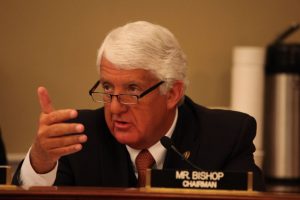
“This redundant oversight creates several problems. First, it wastes both time and money. Second, my agency has sufficient on-site inspectors and in-state technical staff to respond quickly to any event requiring immediate attention, whereas our federal counterparts are less adequately staffed, both in numbers and in experience and they respond less quickly, because they are less prepared and more poorly equipped, not because they are more careful,” Foerster said.
“The BLM Alaska office has one petroleum engineer, no petroleum geologists, and no field inspectors,” said Foerster. From mineral discovery to first production could take six to eleven years, Foerster said.
“What I don’t get are a whole lot of accusations that actually seem fairly arrogant, that states can’t do this work when they have done this work,” said Rep. Bob Bishop (R-Utah) in response to primacy opponents on the committee and elsewhere, he noted, whose only argument appeared to him to be that the states were incapable of handling environmental regulation.
“Only something that goes through the federal process in Washington is the only way it can be done. That simply is a narrative that I keep hearing and it’s offensive,” said Bishop.
Foerster rejected the “one-size-fits-all approach” of federal regulation, saying that states develop regulations to suit their own unique “geology, geography, and other individual circumstances specific to their states.” In Alaska, she said, this means accounting for permafrost, something no other state experiences and a condition not present in federal regulations.
When asked what the AOGCC experience with the BLM on permitting has been, Foerster did not hold back.
“In a word, horrible,” she said. “My agency has been disappointed, time and time again, with the failures of the BLM to do what I think is their job in my state.”
“This notion that, somehow, those of us who are closest to this land, those of us closest to these resources care less about our environment than bureaucrats in Washington, D.C. is just flat wrong,” said Rep. Liz Cheney (R-Wyo.).
Cheney disagreed with her Democratic colleagues who, she said, appeared to believe that the country could have either energy development or a protected environment, but not both at the same time.
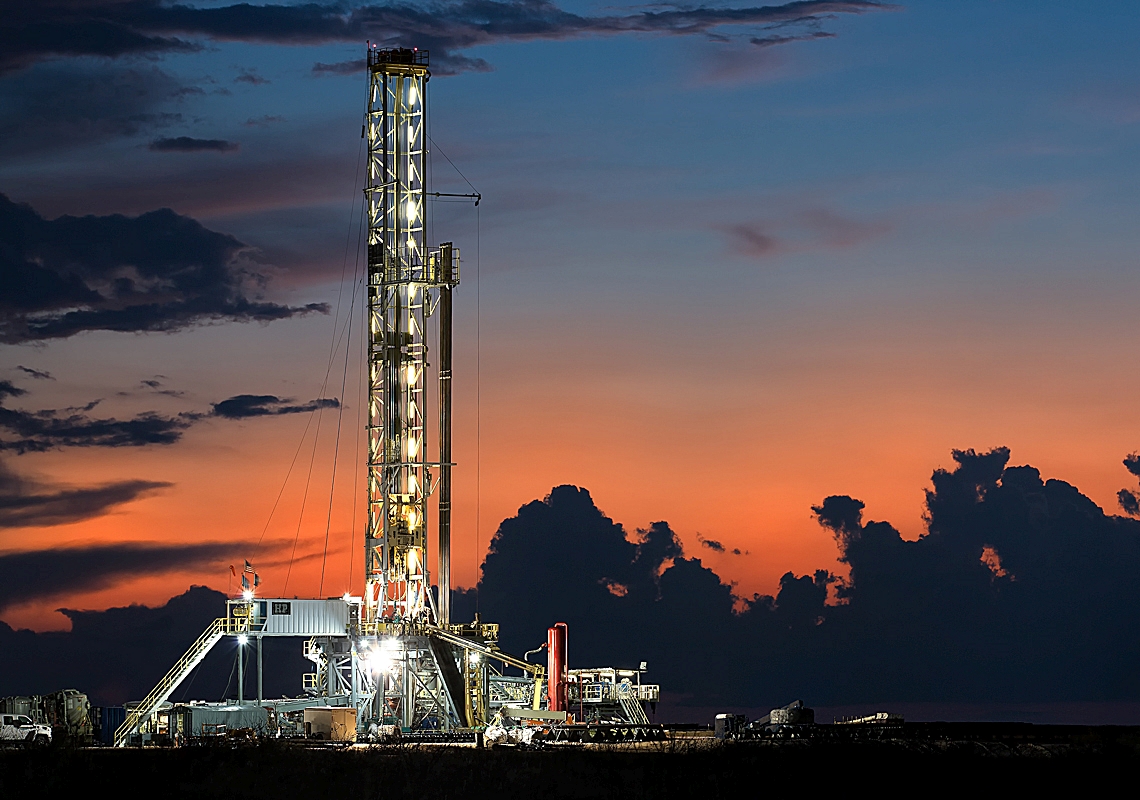

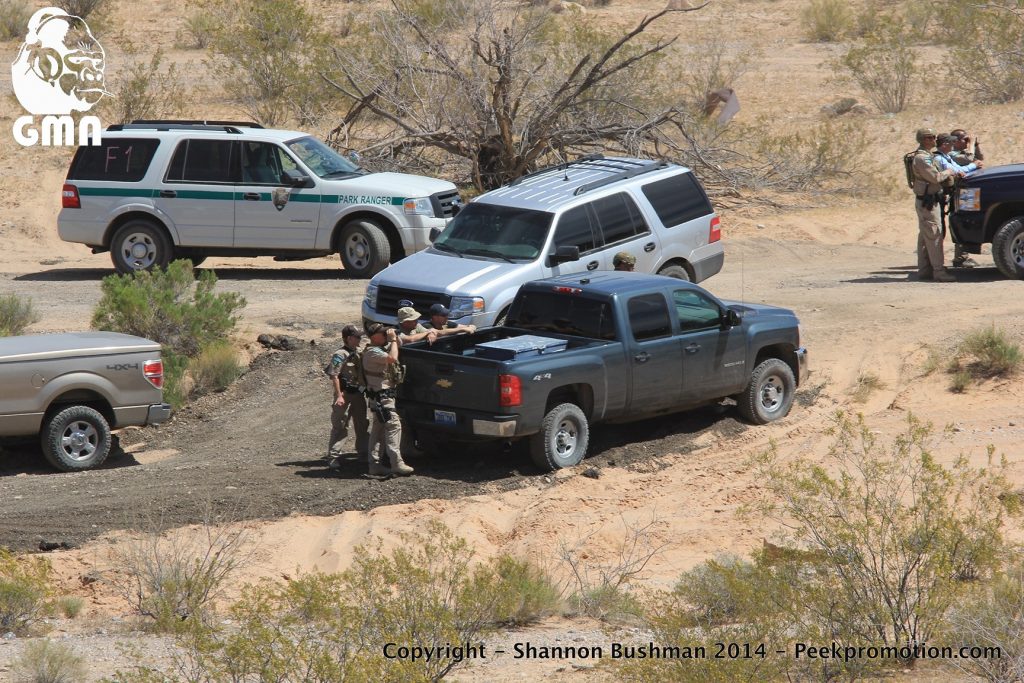
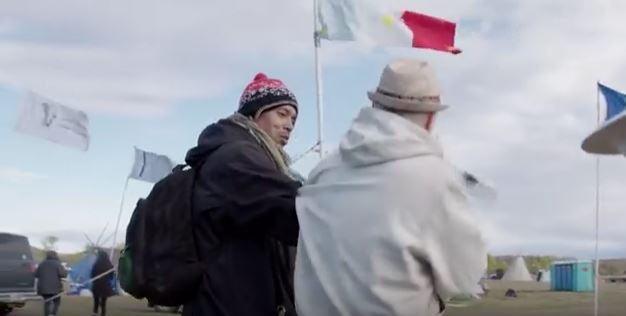
Harry Reid’s aftermath politicians he infested in Nevada may learn that NV is a Sovereign State & its people own NV.